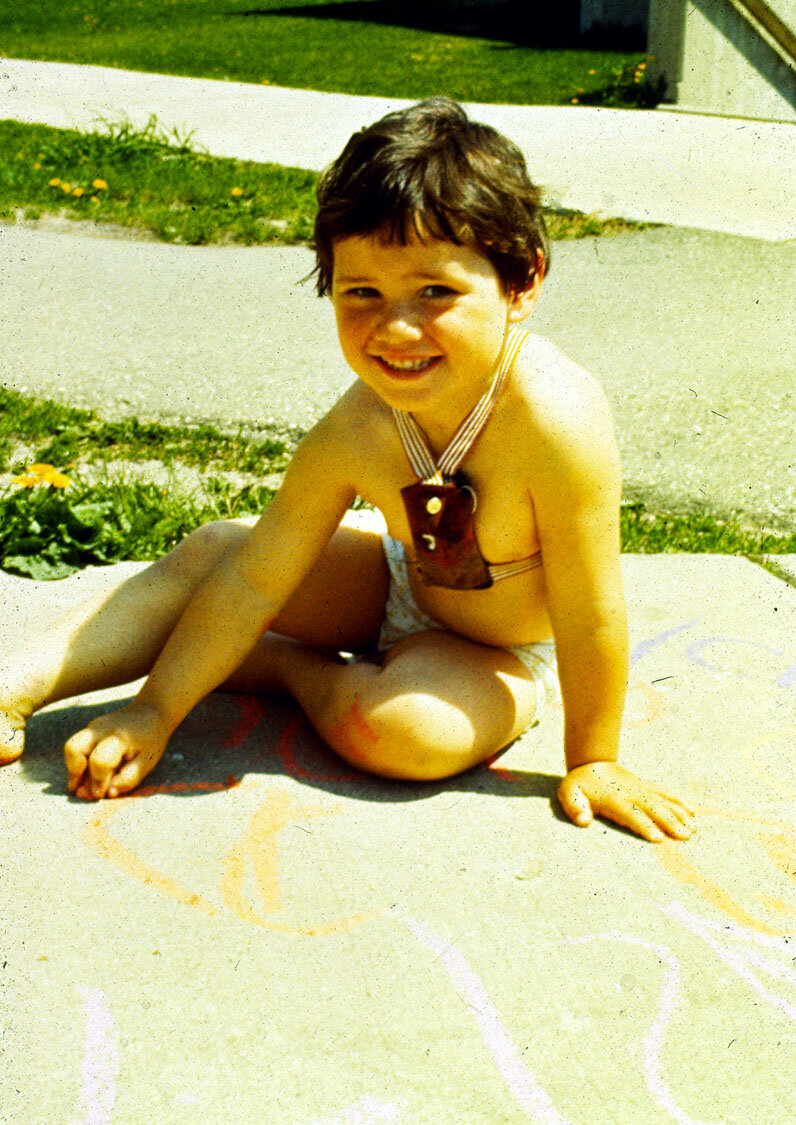Claims, Disclaimers, and an Invitation
experience matters
This site is being built to encourage conversation about teacher education by sharing ideas, practices, and products from the author's 40 years of teacher education experience in early childhood special education (ECSE).
Throughout this site are ideas that turned out to be very good practices, They grew out of a long standing interest in teacher education at the pre-service and ongoing professional development levels. These materials may serve as a guide for or products that may be modified to help, encourage and/or enhance the work of other teacher educators.
The teacher education practices described in this website are based on the following principles:
The importance of:
Publicly stated teacher training outcomes that have been validated by practitioners,
developmentally sequenced course content that includes performance based experiences or products,
early and regular fieldwork that is related course studies,
learning by doing,
regular student-self, instructor and cooperating teacher evaluation and feedback to promote student directed purposeful learning, and
appropriate capstone student teaching experiences that are supervised/monitored by teacher education faculty and cooperating teachers,
Changes over 40 years in practice were products of opportunities afforded by Federal and State Laws, access to competitive grants, influence of professional literature including that of the Council for Exceptional Children-Division on Early Childhood, and collaborative projects with local and State agencies and the faculties of Wisconsin's institutions of higher education. Again, these practices and products, while certainly not the best or everything that could or should be employed, were in fact very different from most traditional teacher education practices. These practices were innovative and productive in their day (1973-2006).
I am aware of current and long overdue efforts to improve teacher education practices at the pre-elementary, elementary, middle, high school to post-secondary education levels. I know that practices must differ due of the age of learners, content requirements (e.g., mathematics, language arts, versus social studies) at each level, preschool to secondary; and general education and special education. I believe that teacher mastery of the content or the knowledge and skills being taught is essential. I offer these ideas to encourage discussion across all levels and areas of teacher preparation in the hope that some one or group of educators might be encouraged or assisted in their journey. I have often paraphrased an unknown author who is reported to have said that “teacher competence is a never ending journey, not an absolute destination”.
Readers are encouraged to see Peering Into the Past to Get a Glimpse of the Future. I describe how my colleagues and I employed the listed principles and a curriculum model to pioneer some different teacher training practices in the 1970s to the 2000's. It is my hope that the information in this website demonstrates the use of these principles through integrated practices across the entire curriculum. Today, other professional training programs are discovering these (Milwaukee Journal Sentinel, Business Section, Sunday, September 21, 2014) principles and refining practice through evaluation and using technology and practices such as "Flipping", and more recently “virtual” practices to better prepare graduates for success in their area of emphasis. In addition to requiring early and regular pre-student teaching field experiences, we brought children into the university classrooms, involved our teachers in our multi-disciplinary campus based Human Development Center, provided early studies related fieldwork and used audio and video taped pre-student teaching activities to prepare teacher candidates for student teaching experiences. Today in class use of videos to demonstrate and discuss effective practice are serving as very important teaching tools. In some teacher education programs these experiences prepare students to develop similar taped documents to demonstrate their teaching skills prior to endorsement for certification. These tapes along with other forms of evaluation including portfolio products documented our graduates readiness to teach. We were ahead of the curve.
An Invitation
After reading the UW-Eau Claire program description, readers are invited to compare their student or student’s experiences and practices with those described in this web-site. Think of your teacher education practices in terms of the principles and practices described below. Rate your practices on a one (1) to ten (10) scale with a 1 being low or weaker and a 10 high of stronger. Rate your practice against each of the practices described by the author as 5's. Whether the ratings of your practices are above or below a 5, share how and why you rated your practice this way. Comment as to how and why it is necessary for your program to achieve a rating 5 or above. Add other principles that inform your practices.
What are the strengths of your program?
To what extent does the content of your program reflect current evidence based practice?
Is your program based on publicly stated practitioner validated goals and objectives?
To what extent does your program provide field experiences prior to student teaching/practicum?
To what extent are your students involved in self, instructor, and cooperating teacher evaluations?
How are student teachers skills evaluated?
What needs to be done to strengthen your program?
What are the obstacles to achieving your program improvement goals?
My intent is to promote discussion by sharing synthesized ratings, comments, and or questions from time to time at franksdj@uwec.edu. As of March 7, 2022, visitors to this site are encouraged to see the CEC’s announcement inviting Institutions of Higher Education supporting teacher education programs in special education to apply for CEC accreditation. Procedure and criteria, including recently adopted teacher competencies are presented.
Back to the top | Next: Biography >




